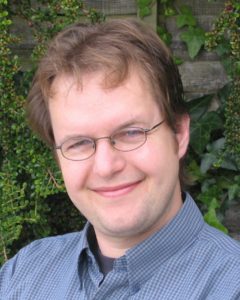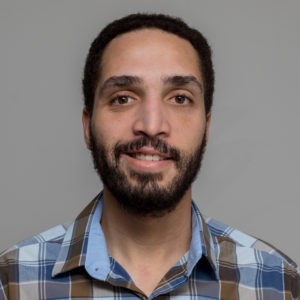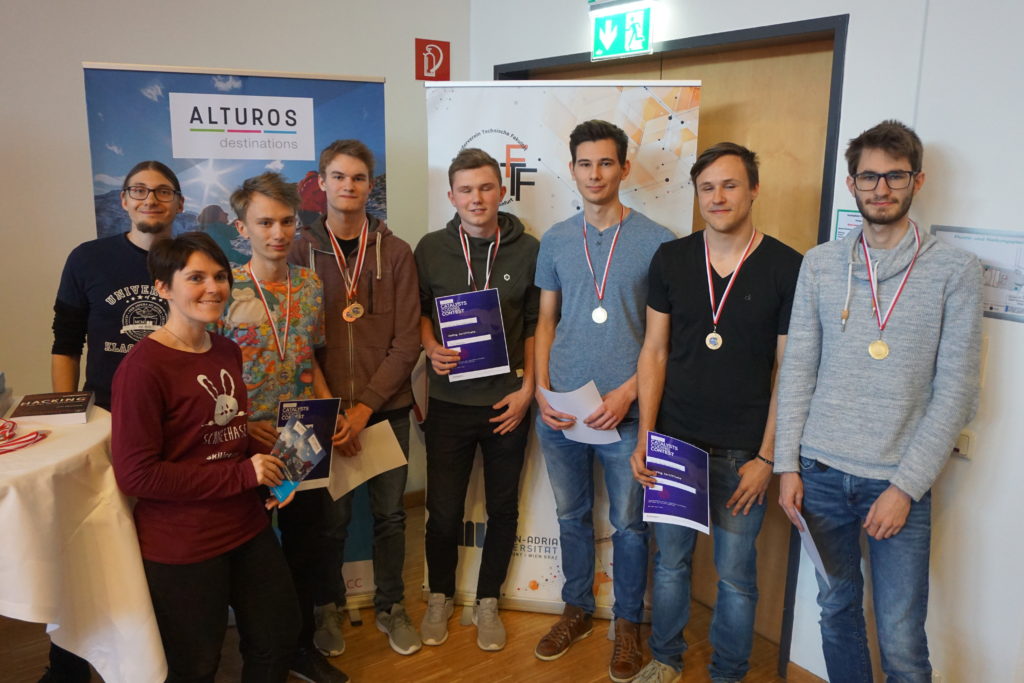The review of the TEWI colloquium of Dr. Stephan Alexander Weiss from May 22, 2019 comprises the slides (below):
Abstract:
Covariance matrices are central to many adaptive filtering and optimisation problems. In practice, they have to be estimated from a finite number of samples; on this, I will review some known results from spectrum estimation and multiple-input multiple-output communications systems, and how properties that are assumed to be inherent in covariance and power spectral densities can easily be lost in the estimation process. I will discuss new results on space-time covariance estimation, and how the estimation from finite sample sets will impact on factorisations such as the eigenvalue decomposition, which is often key to solving the introductory optimisation problems. The purpose of the presentation is to give you some insight into estimating statistics as well as to provide a glimpse on classical signal processing challenges such as the separation of sources from a mixture of signals.
 Stephan Weiss. I am a Professor at the University of Strathclyde and head its Centre for Signal & Image Processing. My particular interests are adaptive filtering and array signal processing.
Stephan Weiss. I am a Professor at the University of Strathclyde and head its Centre for Signal & Image Processing. My particular interests are adaptive filtering and array signal processing.






